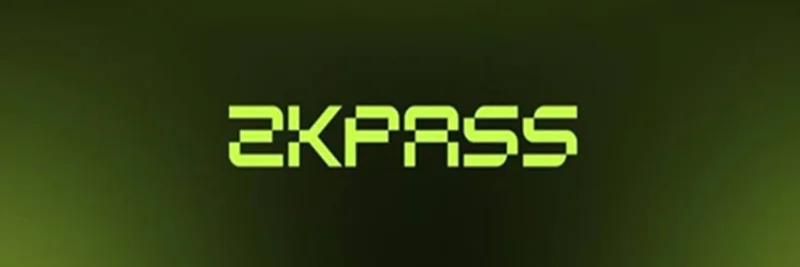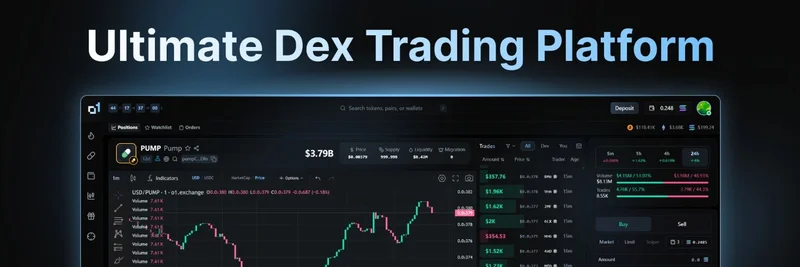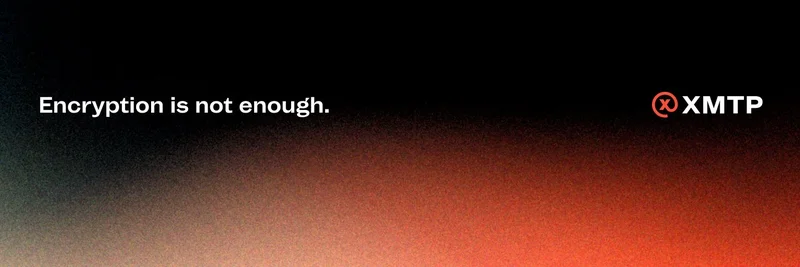Quick intro
zkPass (token: ZKP) is a privacy-first identity and data-verification project built on the BNB Chain. It lets users prove facts about themselves (or their data) without exposing the underlying information, using zero-knowledge proofs (ZKPs). Think: “prove I’m over 18” without sharing your birthday, or “prove this business passed KYC/KYB” without uploading sensitive docs.
- Network: BNB Chain (BSC)
- Contract: 0x874f7b30fa004c59a60a0dd993f608184fba212f
- Total supply: 1,000,000,000 ZKP
What zkPass is building
zkPass calls its vision the “Verifiable Internet.” It focuses on decentralized KYC/KYB/KYD and private reputation primitives that can be used by Web3 apps, enterprises, and even devices. The goal is to fix identity’s biggest pain points online—privacy, security, interoperability, and data ownership—while keeping user data off-chain and under user control.
- Zero-Knowledge Proofs: Prove statements (like eligibility or ownership) without revealing sensitive data.
- Multi-Party Computation (MPC): A cryptographic technique used alongside ZKPs to keep verification workflows secure.
- Web2 → Web3 bridge: Verify data from traditional web sources and convert it into verifiable credentials usable on-chain.
- One-person-one-account: Enable Sybil-resistant participation without doxxing users.
- Extensible beyond people: KYB (business), KYD (devices) for enterprise and IoT use cases.
If you’re new to ZKPs: they let you convince a verifier a statement is true without exposing the raw data. That makes compliance and identity checks possible in DeFi, gaming, and DAOs—without leaking personal information.
ZKP token utility
ZKP is the native token that powers zkPass’s network economics and operations:
- Settlement medium: Pays for proof settlement and verifier execution.
- Validator collateral: Validators stake ZKP to secure uptime and honest behavior.
- Network credits: Acts as credits for verifiable computation and integration accounting.
- Service access: Used by developers and enterprises to access zk-native APIs and infra.
- Governance and audits: Supports decentralized coordination, cross-system verifiability, and oversight.
- Reputation-driven claims: In knowledge-auction style flows, users may stake ZKP to back claims that can be verified or challenged.
In short: ZKP is used to run the network, secure it, and access its services.
Tokenomics at a glance
- Total supply: 1,000,000,000 ZKP
- Community: 48.5% (staged unlocking over five years)
- Early investors: 22.5% (linear release after lock-up)
- Core contributors: 14% (released over 24 months post lock-up)
- DAO treasury: 10% (distributed over five years)
- Liquidity: 5% (fully unlocked at TGE)
The distribution leans community-first and long-term, with clear buckets for builders, liquidity, and governance.
Ecosystem updates and distribution events
- Booster Program: A 30,000,000 ZKP allocation (3% of supply) via the Binance Wallet Booster Program encouraged early participation and growth. See Binance’s Wallet and Alpha pages for related events and airdrops for eligible users.
- BNB Chain alignment: zkPass integrates within the BNB Chain ecosystem, leveraging BNB Smart Chain (BSC) for high throughput and low fees.
These programs are designed to seed adoption, reward early users, and bring more developers into zkPass’s privacy stack.
Where ZKP fits in Web3
- DeFi and compliance: Prove KYC/eligibility without handing over raw documents to dApps.
- DAOs and governance: Enable one-person-one-vote without collecting PII.
- On-chain reputation: Accrue verifiable credentials privately; share only what’s needed.
- Enterprise/KYB: Verify business attributes for B2B networks and regulated markets.
- Devices/KYD: Authenticate devices and services in IoT flows with privacy preserved.
- Cross-system proofing: Bridge Web2 data into Web3 verifications safely.
How to explore and trade ZKP
- Track and trade on GMGN: Use GMGN.AI’s dedicated ZKP page for real-time analytics and trading flows on BNB Chain: https://gmgn.ai/bsc/token/fV1R5sZ5_0x874f7b30fa004c59a60a0dd993f608184fba212f
- DEX routes: On BNB Chain, you can also use leading DEXs/aggregators (e.g., PancakeSwap) where ZKP is listed. Always verify the contract address before trading: 0x874f7b30fa004c59a60a0dd993f608184fba212f.
- Wallet readiness: Ensure your wallet is set to BNB Chain and you have BNB for gas.
Tip: Double-check slippage, pool depth, and token taxes, and avoid unfamiliar contracts that spoof the ticker.
Risks and things to watch
- Adoption risk: ZK identity is still early—partner adoption and developer traction matter.
- Technical complexity: ZKP/MPC systems are intricate; audits and ongoing security reviews are critical.
- Regulatory landscape: Identity, KYC/KYB, and data attestations may be impacted by evolving compliance rules.
- Token unlocks: Monitor vesting schedules for investors, contributors, and community pools.
Why this matters
Privacy-preserving proofs are becoming foundational in Web3. zkPass aims to make trust computable—turning “trust me” into “verify me” without exposing private data. If successful, that unlocks new business models, safer compliance, and broader participation across DeFi, enterprise, and consumer apps.
Key takeaways
- zkPass turns Web2 data into private, verifiable credentials usable on-chain.
- ZKP powers settlement, security (staking), service access, and governance within the network.
- Tokenomics emphasize long-term community alignment and builder incentives.
- Active ecosystem efforts (like Binance Wallet programs) aim to accelerate adoption on BNB Chain.
Useful links
- BNB Smart Chain overview: https://www.bnbchain.org/en/smart-chain
- Binance Wallet: https://www.binance.com/en/wallet
- Binance Alpha: https://www.binance.com/en/alpha
- ZKP on GMGN.AI: https://gmgn.ai/bsc/token/fV1R5sZ5_0x874f7b30fa004c59a60a0dd993f608184fba212f
Always do your own research and verify contracts and listings before interacting with any token or protocol.




